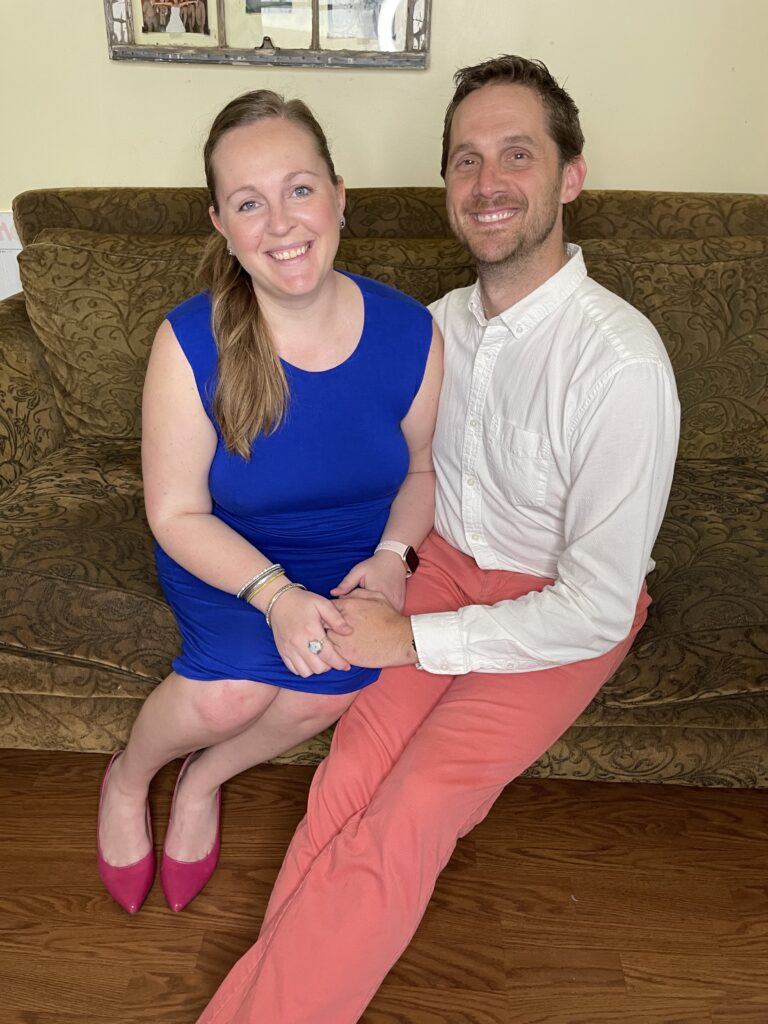Turning online hate into positive change can seem like an overwhelming challenge, especially in a world where online negativity is pervasive. Yet, it’s precisely this challenge that can ignite profound personal growth and empowerment. By confronting the barrage of hurtful comments and using these experiences as a catalyst for resilience, we can foster new opportunities for connection and healing. Embracing the journey of turning online hate into positive change allows us to shift our focus from the damage inflicted by online hostility to the powerful transformations it can inspire, ultimately leading to a more empowered and purposeful existence.
An internet troll once wrote a blog post about me and my family, titled “A Black Heart” or perhaps “An Ugly Heart.”
Thankfully, my Google searches no longer reveal this post. This ordeal, marked by harassment, threats, and police involvement, led to a significant shift in my work. At the time, I allowed it to break me. However, reflecting on how to turn online hate into positive change helped me reassess and rebuild.
Years ago, I was an avid blogger with two main goals: First, to share my experiences as a new stepmom to a daughter with Down syndrome, and second, to connect with other moms facing similar challenges so we could support each other through the struggles of motherhood. I loved it. By turning online hate into positive change, I made connections, improved my writing and voice daily, and found clarity in sharing my journey so vulnerably. Yet, that vulnerability was eventually exploited.
An internet troll is someone who, driven by malice or a desire for attention, targets individuals on social media platforms.
They usually do not know the people they attack personally. Instead, they come across someone’s profile or post and choose to engage in harmful behavior. This often involves posting a series of hurtful, inflammatory, or provocative comments intended to incite anger or distress. Trolls often escalate the situation by rallying others to join in their attack, creating a mob mentality that amplifies their negativity. Their primary goal is to provoke a reaction, disrupt conversations, and cause emotional distress, often with little regard for the real-life consequences of their actions.
One morning, I woke up to find myself the target of an online mob. I received a flood of emails, blog comments, and Facebook messages, each more horrible than the last. Words like “cunt,” “bitch,” “kill yourself,” and “you’re a terrible person” were hurled at me. Even Mr. Sexy and our families faced disturbing messages. The troll’s blog post had gained enough traction to disrupt my entire family. I was named, singled out, and linked so that strangers could harass us—all because I had the audacity to share my story publicly. How dare I.
Amid the chaos, however, I received a different kind of message, which helped me turn online hate into positive change.
People reached out to thank me for turning online hate into positive change. “Thank you for validating my feelings.” “Thank you for sharing your story. Now, I’m not alone.” I regret that I couldn’t continue my story at that time. It took about six months before I dared to reopen my blog. During those weeks, the messages and comments gradually subsided. When I did start writing again, I struggled with shaking hands and sweat, and eventually, I stopped.
Over the years, I allowed many critics to halt my progress. For instance, a church friend criticized my new job helping women with their sex lives. Similarly, a close family member expressed embarrassment over my public writing. Additionally, a lifelong friend disowned me. Not to mention the opinions of strangers. I needed time to heal. I walked away from church, feared forming new friendships, drank too much, and wrote too little. My marriage struggled. Despite this, I had only myself, my faith, Mr. Sexy, and our kids. Gradually, I emerged on the other side, demonstrating how turning online hate into positive change can lead to personal growth.
Every day, I ask God for courage to continue turning online hate into positive change.
Courage to show up as I’m led to.
Courage to share my story.
Courage to speak truths deep in my soul.
Courage to be both disliked and liked.
Embracing the challenge of turning online hate into positive change is not merely about rising above the negativity but about actively using it as a catalyst for growth and transformation. By reframing these experiences and channeling them into meaningful action, we not only reclaim our personal power but also create opportunities to inspire and uplift others facing similar struggles. This journey from adversity to empowerment underscores the remarkable potential for resilience and change that lies within each of us. Therefore, we demonstrate that even the harshest online criticism can be transformed into a force for positive impact and personal evolution.
I truly believe in the power of storytelling, whether during a storm or years later. Each time you share your story, you gain a new perspective and offer affirmation to others. Consequently, I encourage you to share your own story, whether through writing, a phone call, Instagram, or a TikTok video. These avenues allow you to touch others’ lives. How powerful is that?


